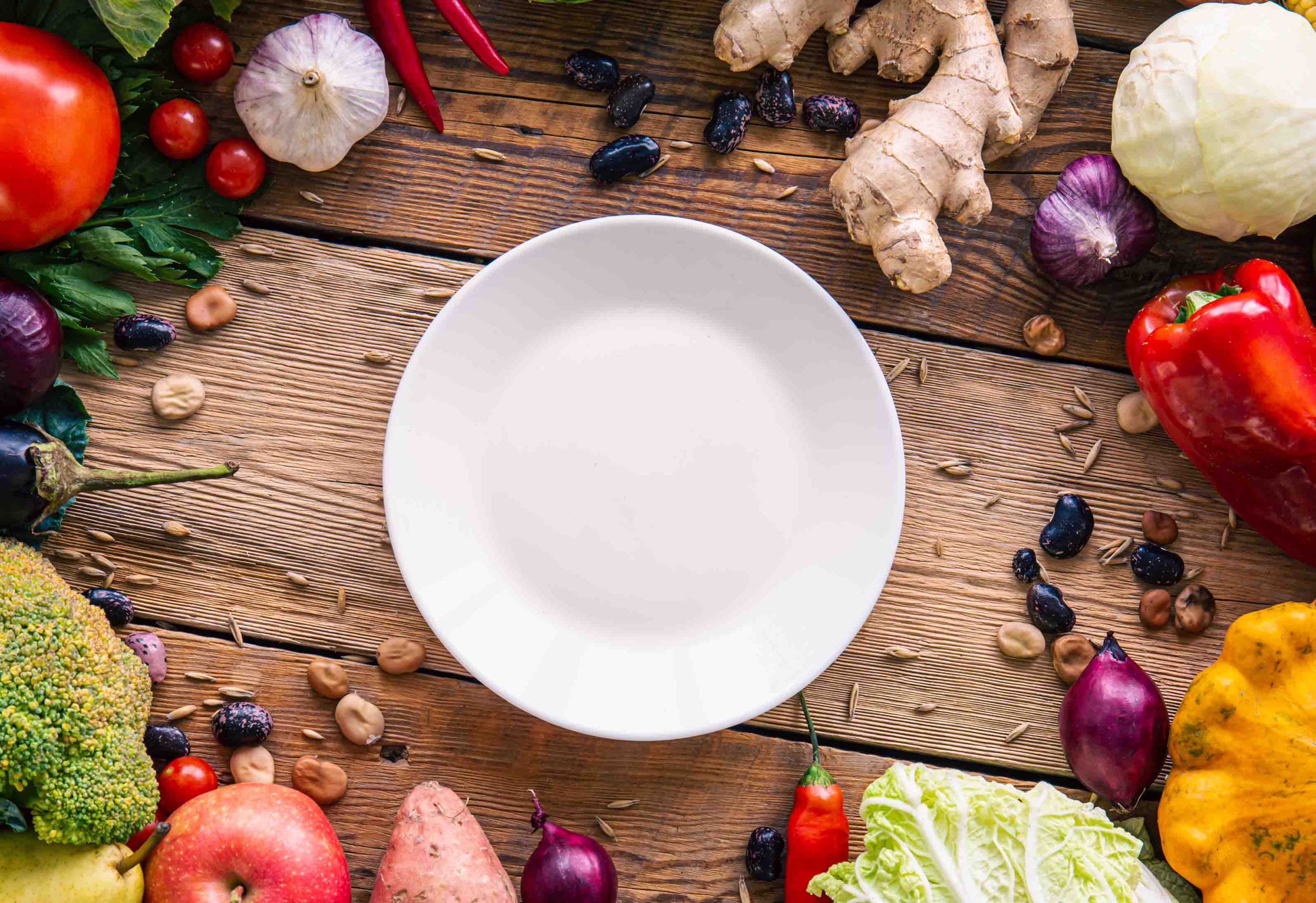Food has undergone significant changes in recent decades due to a variety of factors, including changes in eating habits, technological advances, food availability and lifestyle changes. Added to this is the change in food consumption patterns. With the fast pace of life, many people are relying more on foods prepared outside the home, such as takeaways, fast food and restaurants. These foods are often convenient, but they also tend to be high in calories, saturated fat, added sugars and sodium, and low in essential nutrients such as vitamins, minerals and fibre. In addition, they can contribute to weight gain and related health problems. This way of eating is very in common in certain countries. However, in Spain, it is more common to eat home-cooked meals. As an English Speaking nutritionist my task is to adapt your foods to similar ones to make them as healthy as possible.
There are also several common mistakes people make when eating. Here are some of the most common ones:
Most common eating mistakes
- Eating too many processed foods: Processed foods are often highly palatable, tasty, but high in calories, saturated fat, sugars and sodium, and low in essential nutrients such as vitamins, minerals and fibre. Eating too many processed foods can contribute to obesity, heart disease, type 2 diabetes and other health problems.
- Consuming sugary drinks instead of water: Sugary drinks such as soft drinks, fruit juices and energy drinks can be a major source of empty calories and added sugars. Opting for water instead of these drinks can help reduce calorie intake and improve hydration.
- Eating fast and distracted: Eating quickly and without paying attention to hunger and satiety cues can lead to overeating. It is important to take time to savour food and be aware of when you are full.
- Not paying attention to portions: Many people are not aware of proper food portions and tend to overeat. This can lead to unwanted weight gain and make it difficult to control portion sizes in the future.
- Not including a variety of foods in the diet: It is important to consume a variety of foods to get all the nutrients needed for good health. By limiting yourself to a few foods or food groups, you run the risk of not getting all the essential nutrients. For a complete diet we should eat at least 20 different foods a week.
- Skipping meals or extremely restrictive diets: The belief in wanting to be in line with current beauty standards leads many people to believe that skipping meals or following extremely restrictive diets is the quickest way to lose weight. However, this can lead to nutritional imbalances and long-term health problems.
- Relying too heavily on supplements: Supplements can be helpful in certain situations, but they should not be used as substitutes for a balanced diet. It is important to get the majority of nutrients from food rather than relying exclusively on supplements.

Fortunately, in recent years there has been an increased awareness of the importance of a healthy, balanced diet to prevent chronic diseases such as obesity, type 2 diabetes and heart disease. This has led to increased interest in nutrition and greater availability of information on healthy eating habits.
How to improve our diet
There are several ways to improve the quality of our diets and eat healthier. Among them are:
- Incorporate more fruits and vegetables: these foods are rich in vitamins, minerals, fibre and antioxidants, and are fundamental to a healthy diet. Try to include a variety of different coloured fruits and vegetables in your daily meals and snacks.
- Choose whole grains: Opt for whole grains instead of refined grains to increase your intake of fibre and nutrients. Choose whole grain products such as brown rice, whole wheat bread, whole wheat pasta and oatmeal instead of their refined versions.
- Eat lean protein: Lean protein sources such as chicken, turkey, fish, tofu, legumes and low-fat dairy products are excellent choices for healthy eating. Try to limit consumption of processed and red meats, which can increase the risk of chronic diseases.
- Limit consumption of processed foods and added sugars: Reducing your intake of processed foods, such as packaged snacks, fast food and baked goods, can help you reduce the amount of added sugars, saturated fat and sodium in your diet.
- Cook at home more often: Preparing meals at home allows you to have more control over the ingredients you use and cooking techniques. Try to cook with fresh, healthy ingredients and limit the use of unhealthy oils, fats and seasonings.

Making better food choices is fundamental to maintaining a healthy and balanced diet. As a nutritionist, and specifically, as an English Speaking nutritionist I try to help people adapt their meals to their lifestyles while respecting cultural aspects as well as food preferences. Many times in my practice I find that people have barriers to, for example, finding certain ingredients that are very important in their culture, or that meal times are very different.
It is not always easy, but in my practice, I always try to help plan meals in advance so that we can make more conscious and healthier choices. Spending time each week planning menus and making a shopping list with the necessary ingredients makes our lunches and dinners more beneficial for us.
Once the menus have been drawn up, which should prioritise fresh and unprocessed foods, we should also read food labels. When buying processed foods, it is important to read labels for nutritional content. Pay attention to the amount of calories, saturated fat, added sugars and sodium contained in the products. Usually fresh and unprocessed foods (fruits, vegetables, whole grains, lean meats, fish and low-fat dairy products are excellent choices for healthy eating).
It’s not just a matter of meal planning but also portion control. Pay attention to portion sizes and practice moderation when serving yourself. Use smaller plates, share plates in restaurants or save leftovers to avoid overeating. Just as it is not good to eat 3 plates of pasta, it is not good to eat 3 oranges in one sitting.
Finally, drink water instead of sugary drinks. What you eat is just as important as what you drink. Water is the best choice for hydration and contains no calories or added sugars. Opt for water instead of sugary drinks such as soft drinks, fruit juices and energy drinks.

It is important to be aware of these mistakes and try to avoid them in order to maintain a healthy and balanced diet. By following these tips and gradually making changes to your eating habits, you will be able to make better food choices and enjoy the long-term health benefits. Remember that the key is to adopt a balanced and sustainable approach to eating. As I say in consultation, there has to be time for everything. To eat well and also to indulge from time to time. It’s OK to eat something less healthy from time to time, but be aware that you can’t overindulge.
About the author:
Adriana Martín is an English Speaking clinical nutritionist at Sinews. She treats adults, adolescents and children seeking to improve their health through nutrition. She specialises in public health and also treats ED, SIBO, chronic diseases and other pathologies, as well as muscle mass gain or weight loss. Her approach is not to prescribe closed menus, but to make people understand the importance of nutrition at every stage of life through different tools.
Sinews MTI
Psychology, Psychiatry and Speech Therapy

